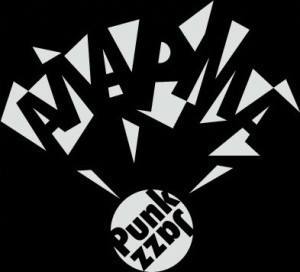6th OCTOBER, SATURDAY, CANETTI HOUSE
4.30 PM
“Lost in translation” – The untranslatable, translated into visual language. Poster exhibition of Goethe-Institut Bulgaria
The exhibition “Lost in Translation” was formed in the course of a poster competition organized by the Goethe-Institut, where creative representations of German words that are difficult to translate or even not translatable were sought. In intercultural dialogue, these words often involve an intensive examination of the language, but also of the culture of a country: The illustrated, untranslatable words can also represent a thinking, a feeling or a worldview that is typical of the Germans and Germans Culture. Thus, it is also an invitation to embrace cultural differences and to build bridges to overcoming cultural barriers. The 2-part touring exhibition has already been shown in Sofia, Vratsa and Varna, as well as in the Goethe-Institut Düsseldorf.
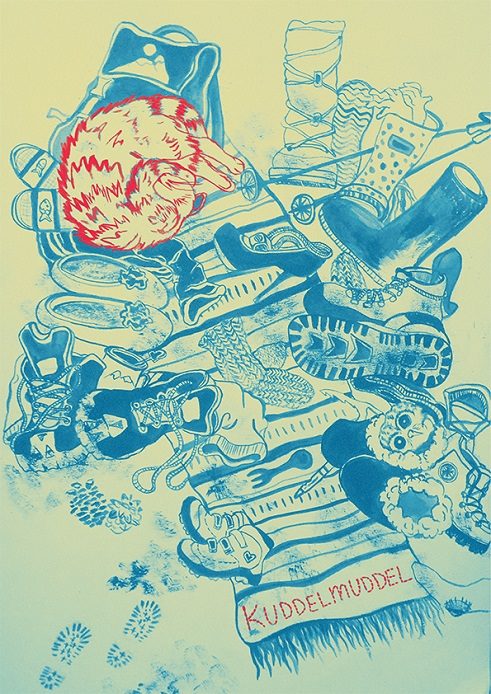
5 PM
Poems by Björn Kuhligk
Moderator prof. Penka Angelova
Björn Kuhligk has published poetry and prose in several individual titles as well as in numerous anthologies and literary magazines. From 1996 to 1999 he organized with HEL the reading series “Die Schwarzleserey”. From 2002 to 2006 he was editor of the Berliner Zeitung for prose and poetry “louder nobody”. Together with Tom Schulz he published from 1997 to 1999 the edition minotaurus. Kuhligk is co-editor of representative collections of poetry presenting the scene of young poetry in the German-speaking world. From 2006 to 2009 he directed the poetry workshop ‘open poems’ of the Literaturwerkstatt Berlin. He is a member of the PEN center Germany. Björn Kuhligk lives and works in Berlin.
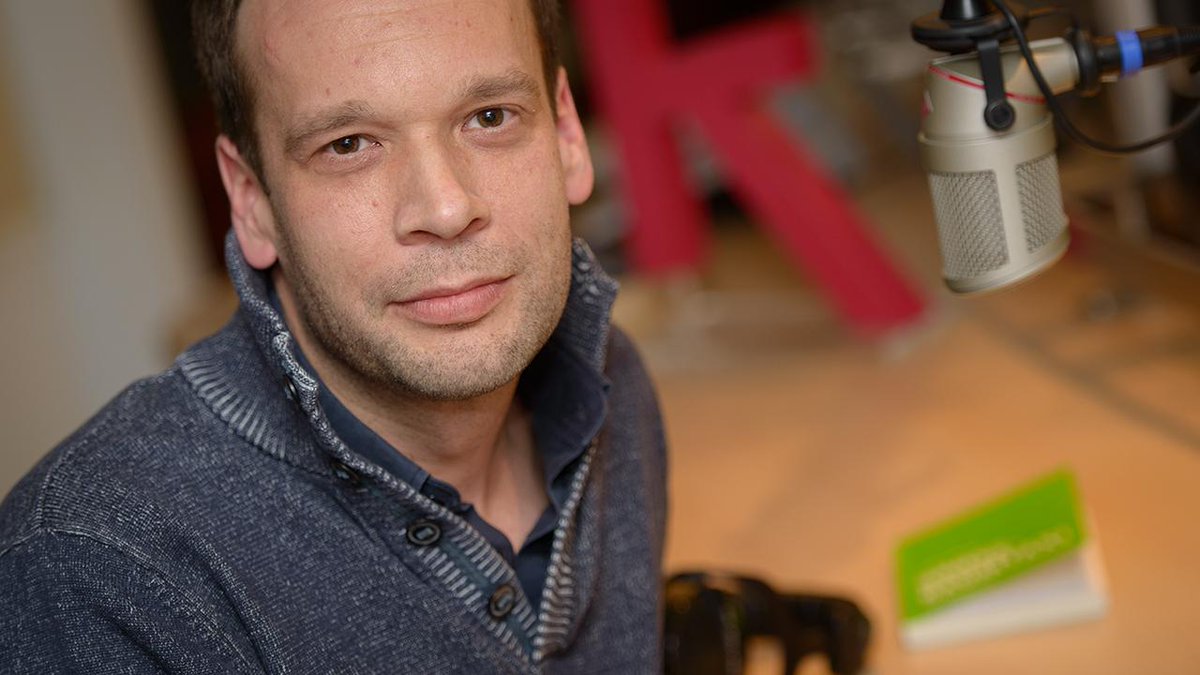
6 PM
Jörg Gläscher, Echoland- screening and discussion
Moderator: prof. Penka Angelova
Echoland, About the struggle for Europe
There is an echo throughout Europe. Basically, there are many echoes. They were quiet for a while, but now they are back in full volume. These are echoes that tell of the struggle for Europe. They are echoes of battles and dead, which reocur throughout the centuries. They just do not want to disappear. The great wars seemed over, the slaughter in Verdun, the slaughter of Stalingrad and the heights of Seelower, the preparation for the cold war in the rocket silos and nuclear submarine ports. However, the echoes keep coming back to Europe, raging in Hungary and Bosnia, reappearing in Kosovo, then falling silent again for a few decades. Also 100 years after the beginning of the First World War, they are looking for a new field, are louder on the new EU external borders in Greece and Lampedusa, find themselves quietly in the refugee camps in Calais again. The echoes about the struggle for Europe do not disappear.
Europe has laboriously found itself from an ego to a we of states, from bloody nationalism to a European idea.
In the European Parliament, one can observe a tributary flow of these echoes. Here, too, Europe is struggling. By other means, quasi the reversal of Clausewitz to “diplomacy is the continuation of the war by other means”. They struggle with each other for ideas, phrases, sentences, even a comma. Form coalitions, axes, alliances. Europe is still on the journey. Everywhere on this journey you hear echoes from the past. Big battles, millions of dead or just a sand hill, a grave. This echo passes through Europe and makes it fragile, because it keeps on fighting. In the countryside and in the parliament. Exit open. Echo country.
For the photo work “Echoland, about the struggle for Europe”, I went to two picture lines. I have watched parliamentarians in the European Parliament, Brussels, Strasbourg, Frankfurt and Berlin. In two journeys to the echoes of Europe, I have visited places where the struggle for Europe in the landscape is visible. From the battlefields of Verdun, Poland and Bosnia Herzegovina, to Cold War installations in Latvia, to refugee camps in Greece and France.
Jörg Gläscher presents and discusses his photographic series EKOZEMIA (Jörg Gläscher ECHOLAND).
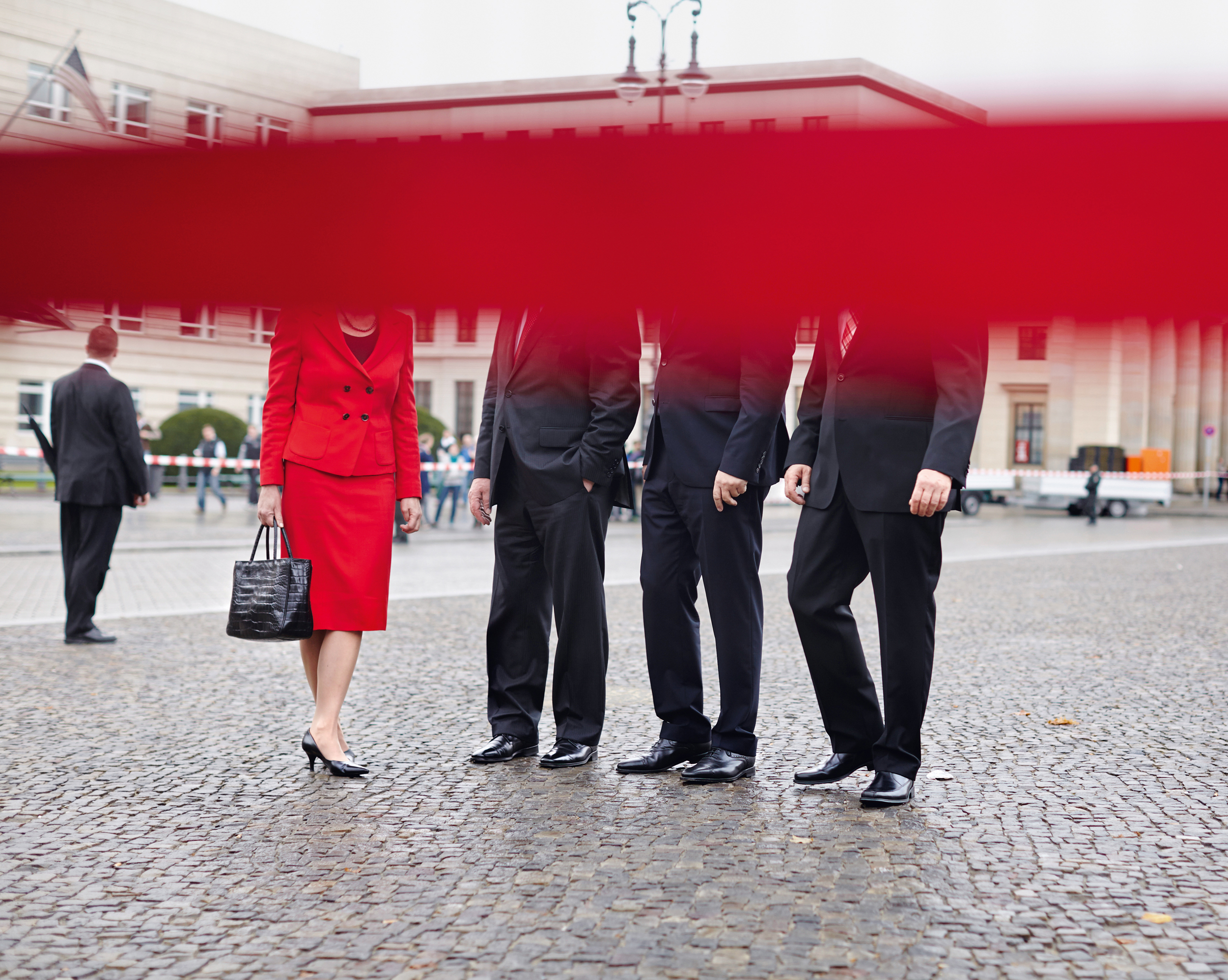
7 PM
Vladimir Sabourin and Alexander Nikolov, New Social Poetry – Presentation of the Literary Movement and Discussion
Vladimir Sabourin writes in Bulgarian and is of French-Cuban origin: a poet, a philologist, a historian of culture, a literary critic. Alexander Nikolov is a Bulgarian poet. Since 2017 he writes under the pen name “Александѫр Николов”. They are both authors of the “Manifesto of New Social Poetry” and the founder of the literary movement “New Social Poetry.”
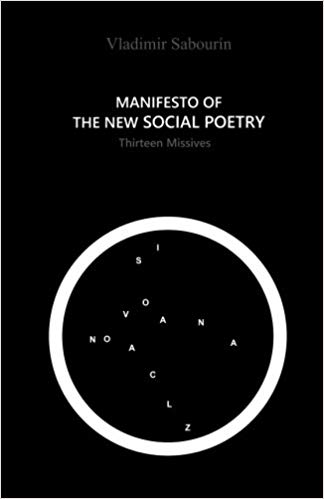
SOFIA :
6 OCTOBER, SATURDAY, 9PM – CONCERT of Marianna D’ama and Davide Grotta at the concert hall of the Bulgarian National Radio (blvd. “Dragan Tsankov” 4) as part of the October edition of “Alarma Punk Jazz Fest” – a festival night with four musical projects: Marianna D’ama+Davide Grotta; Common Eider, King Eider; Drekka; My Empty Phantom
